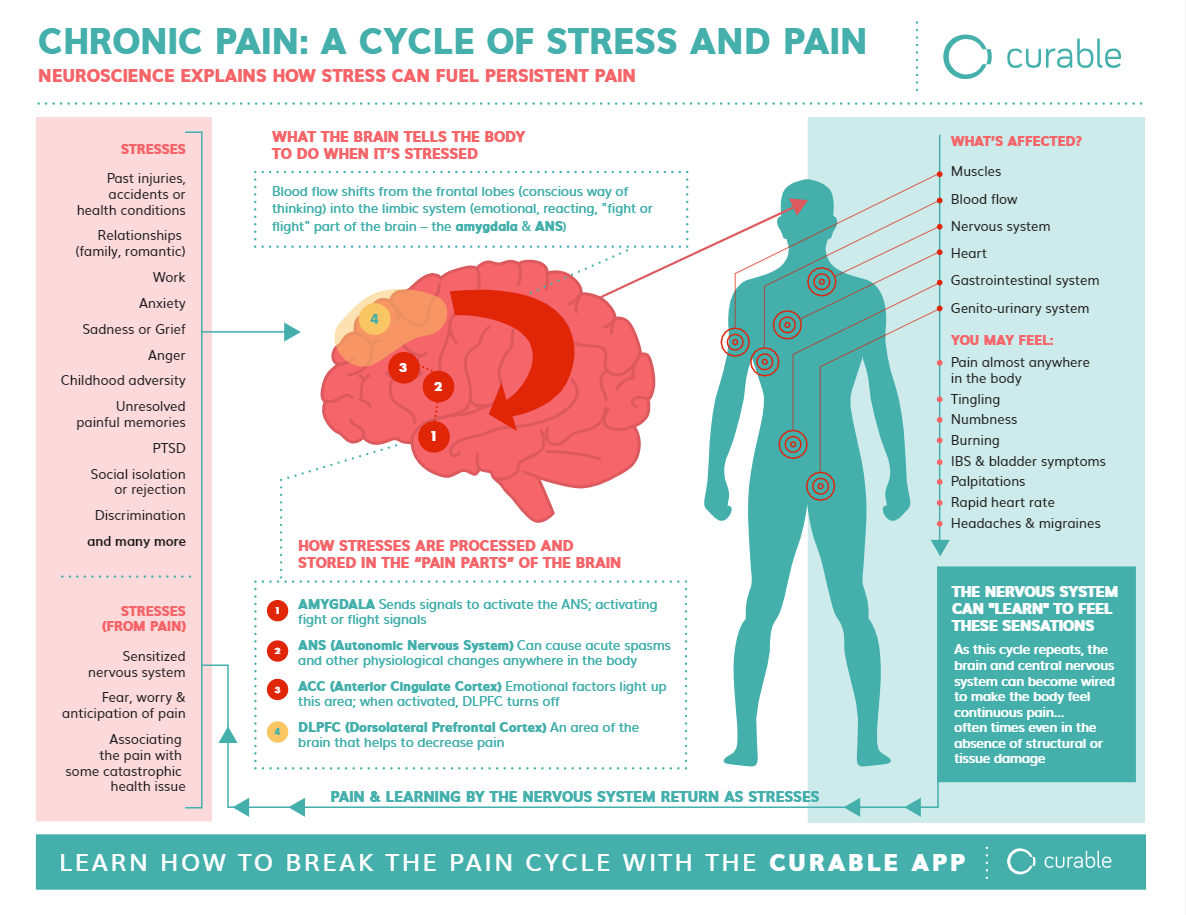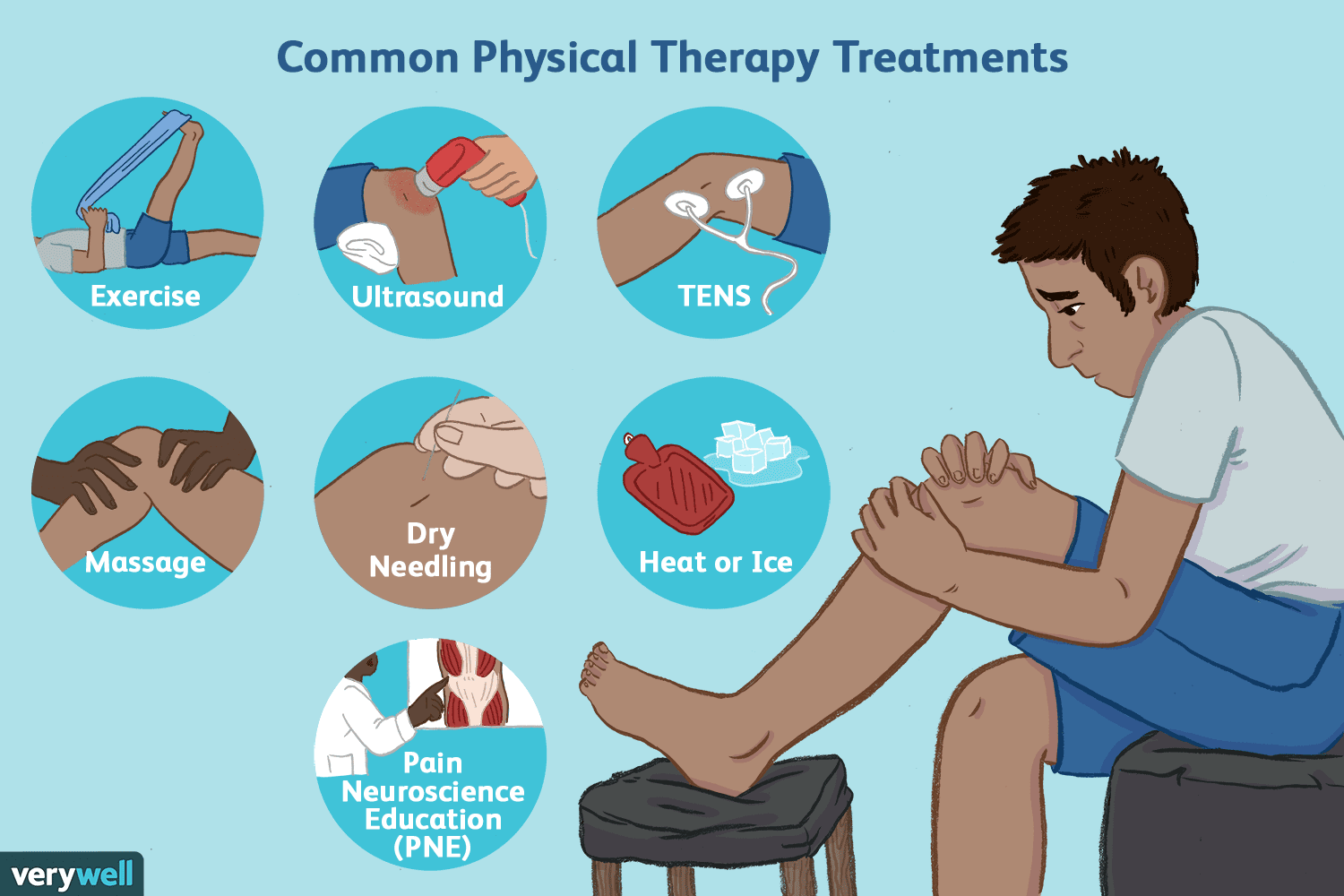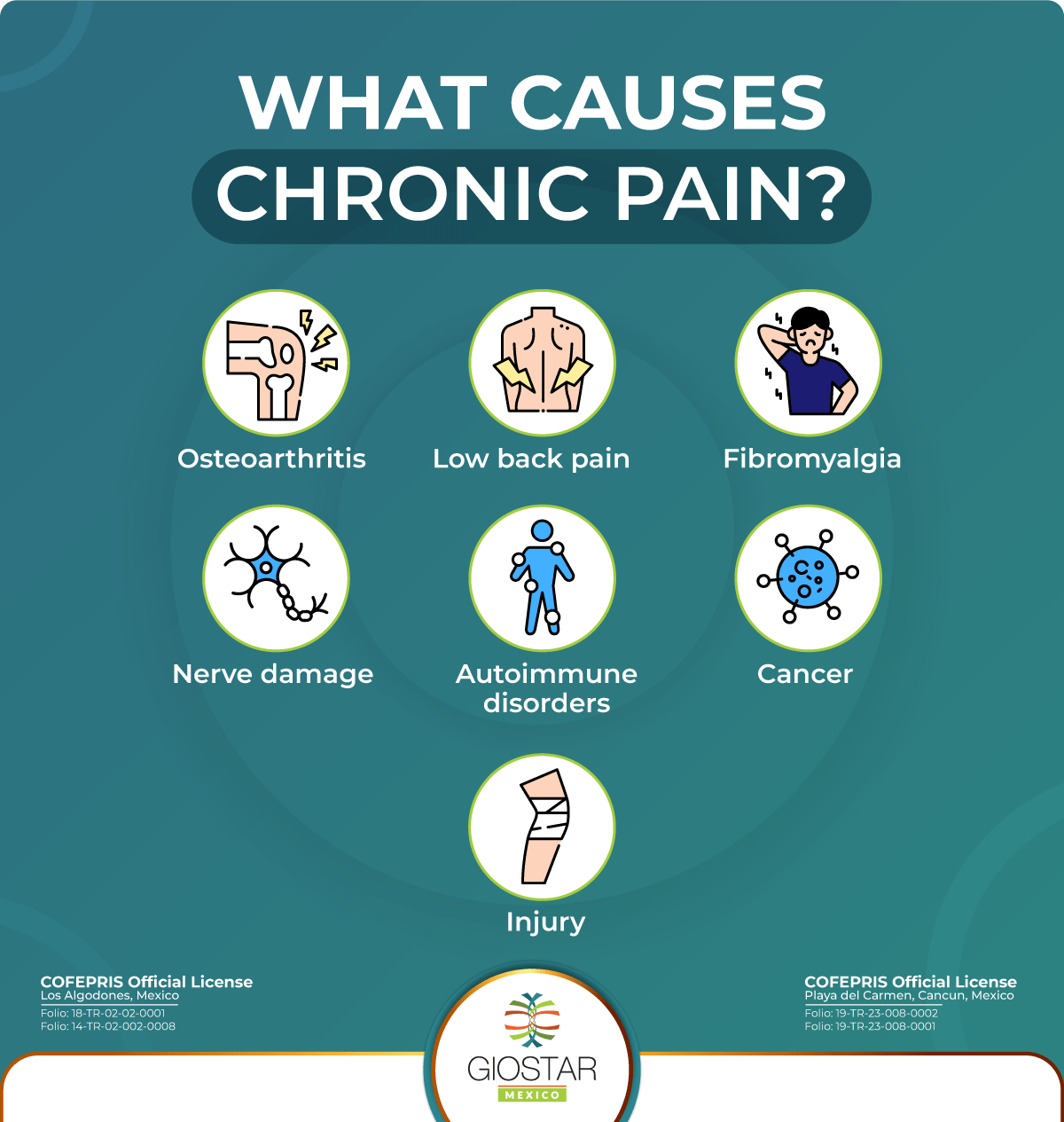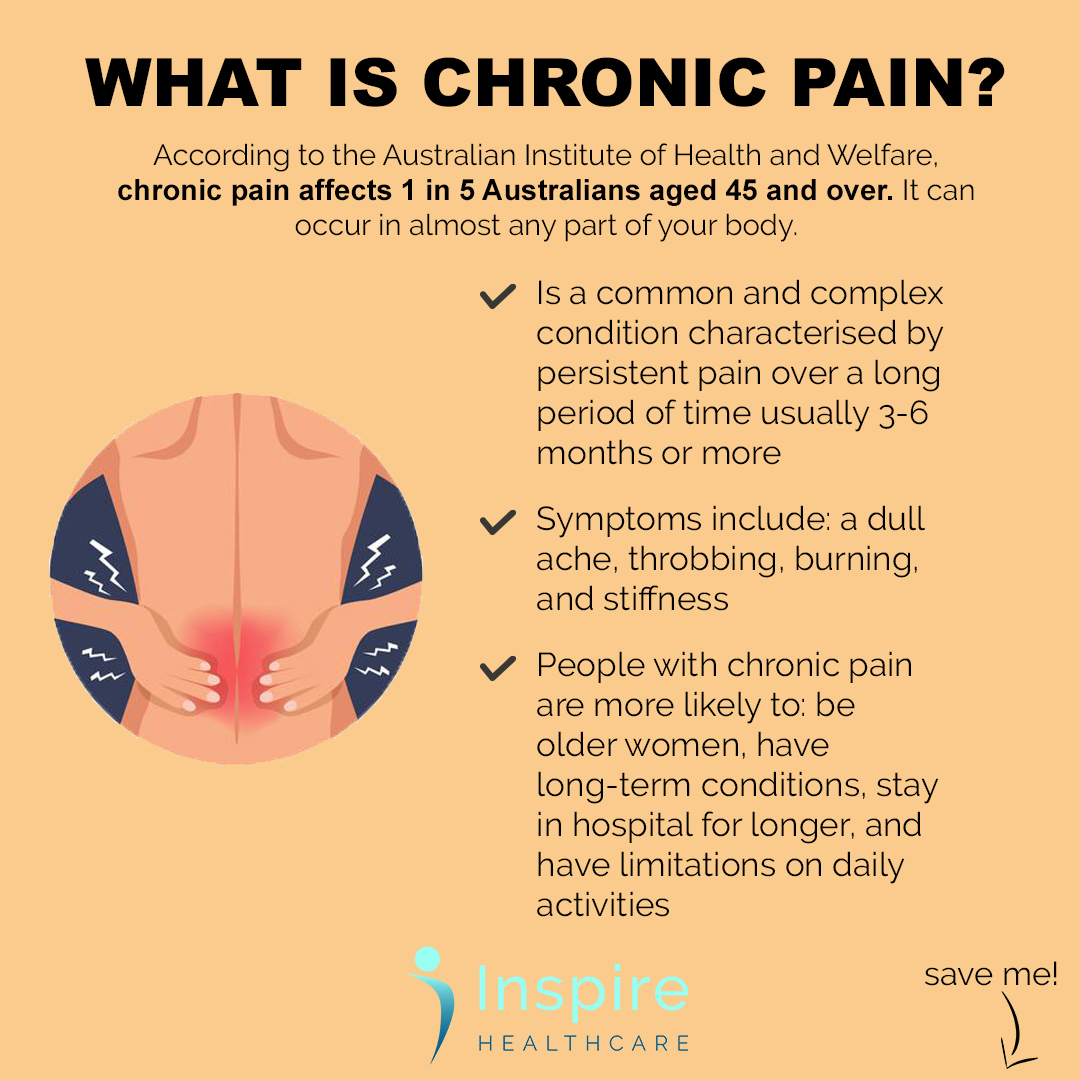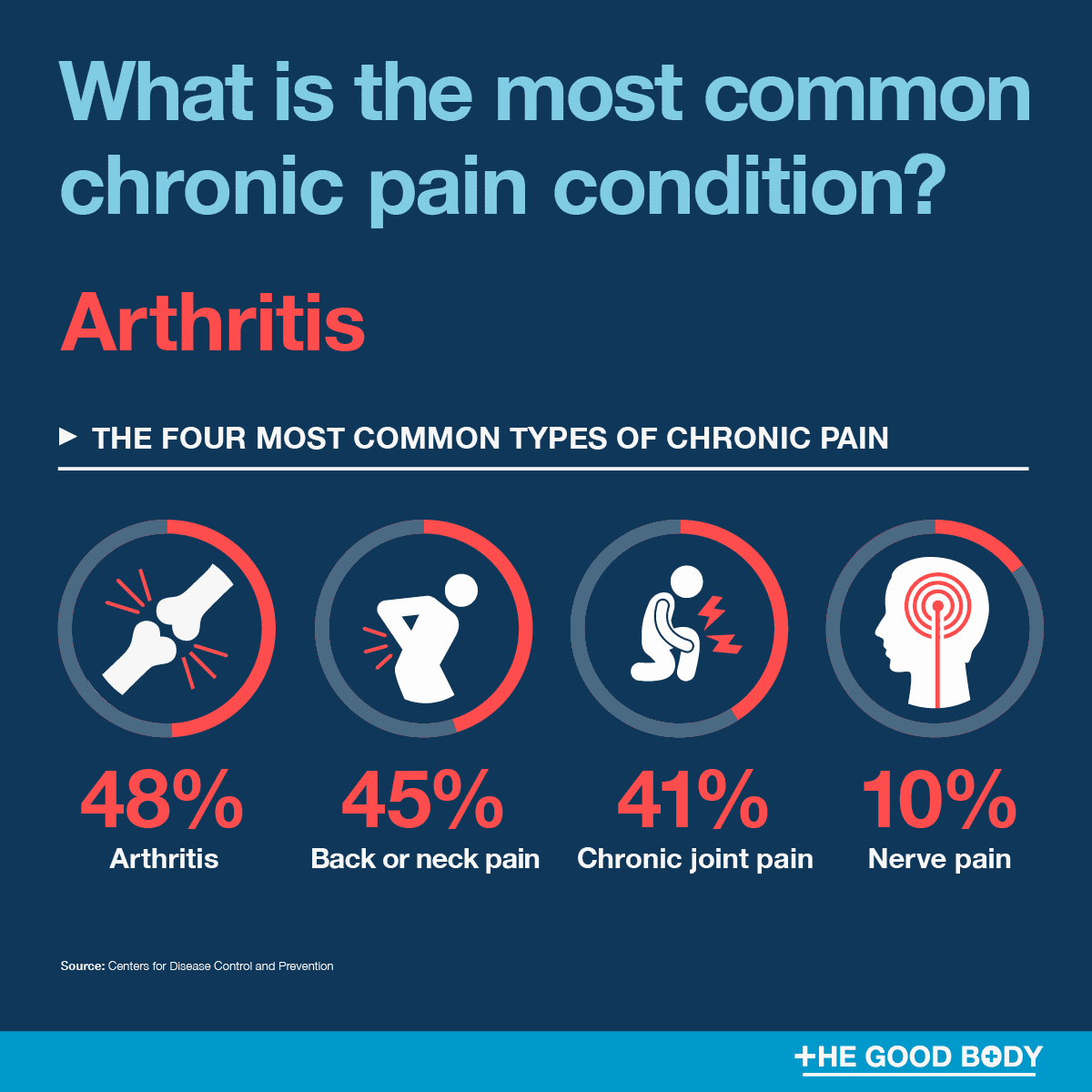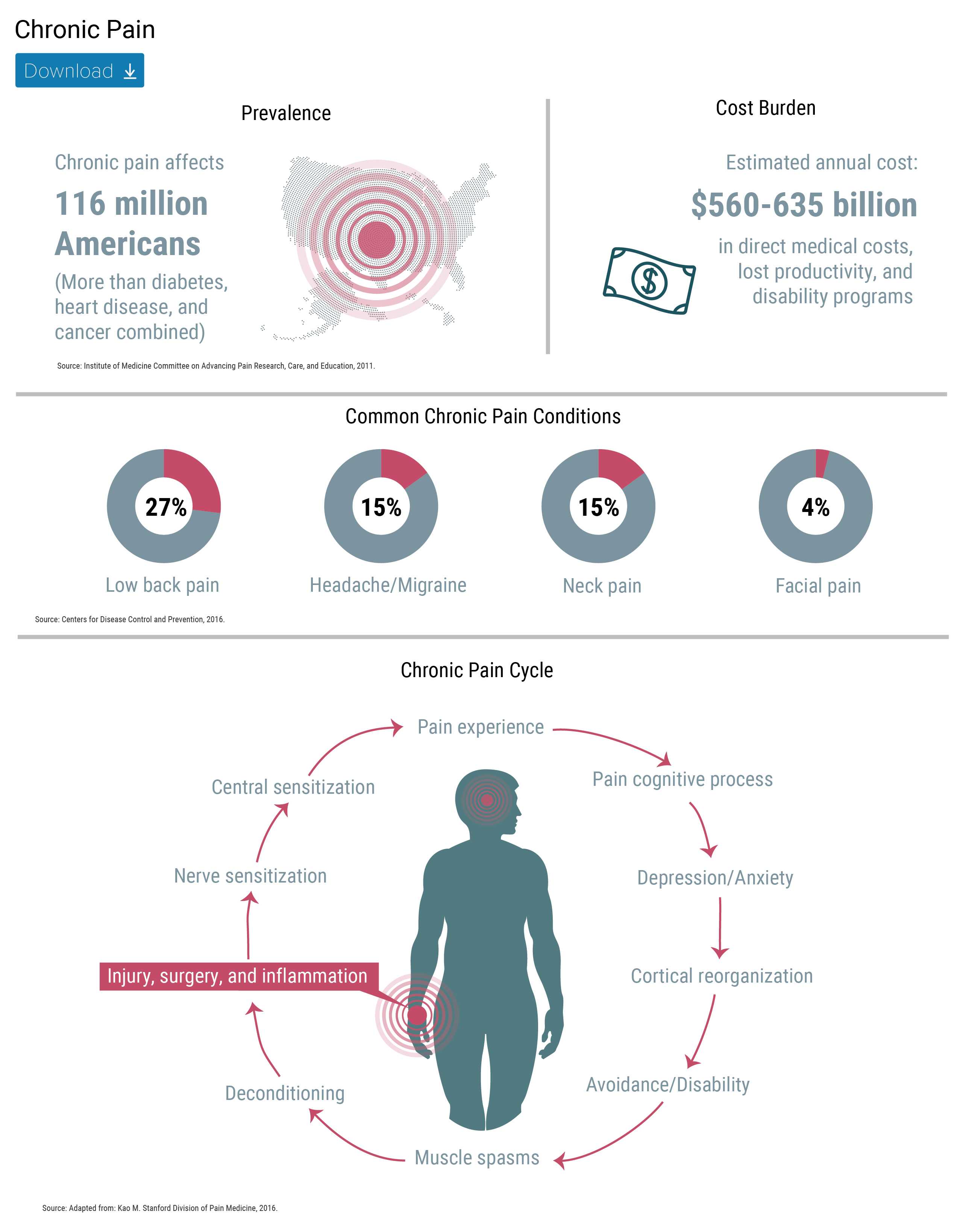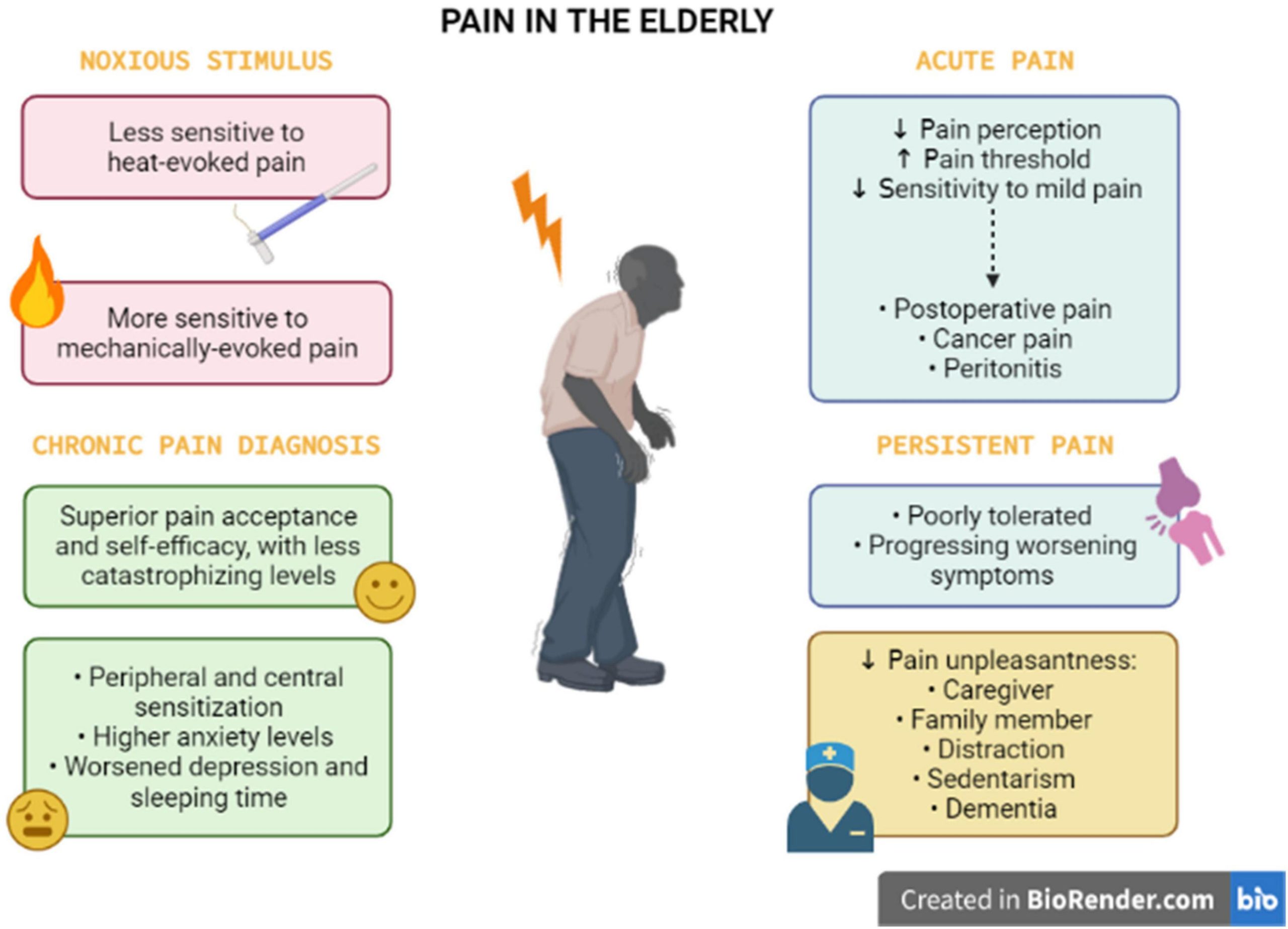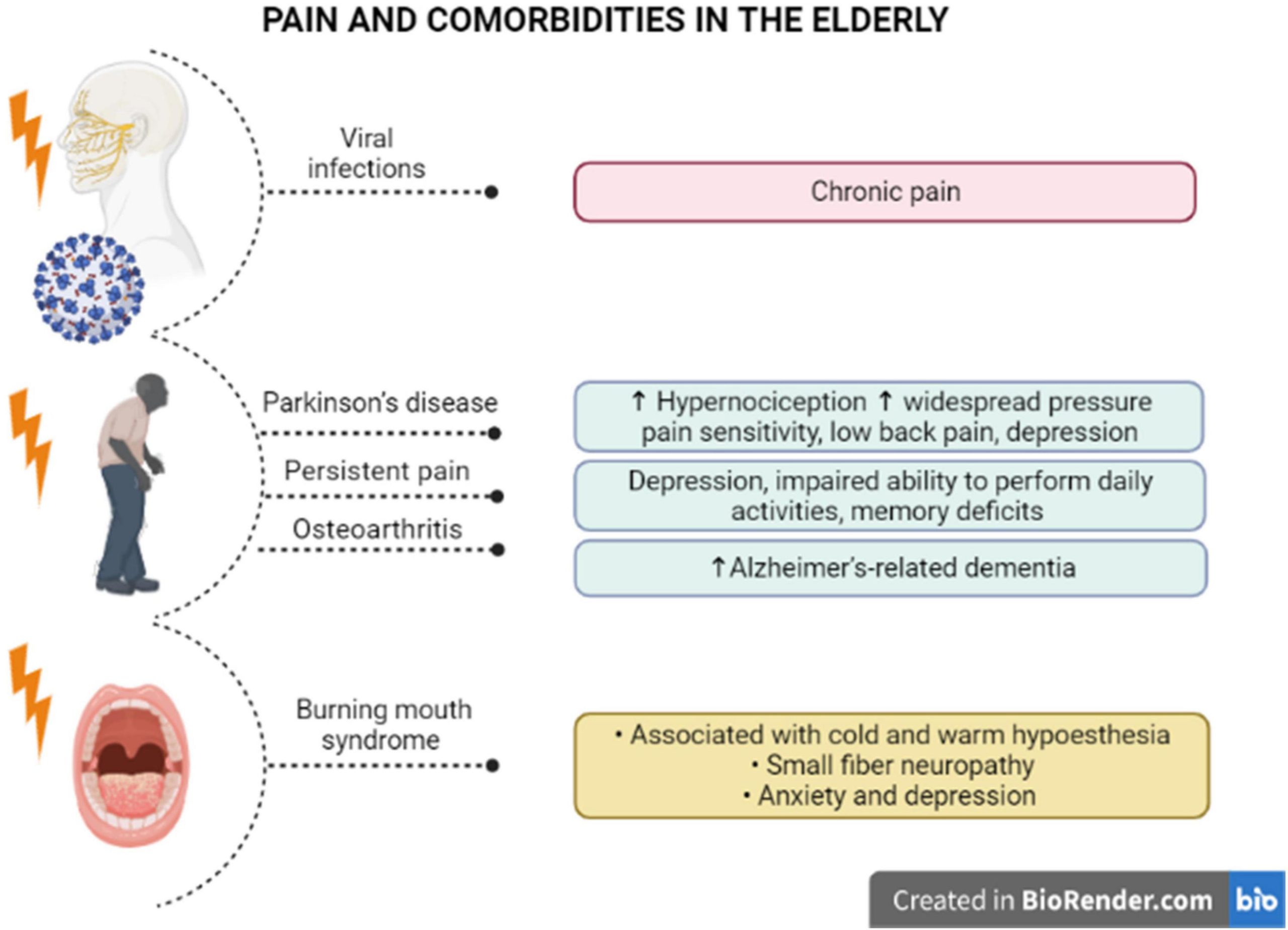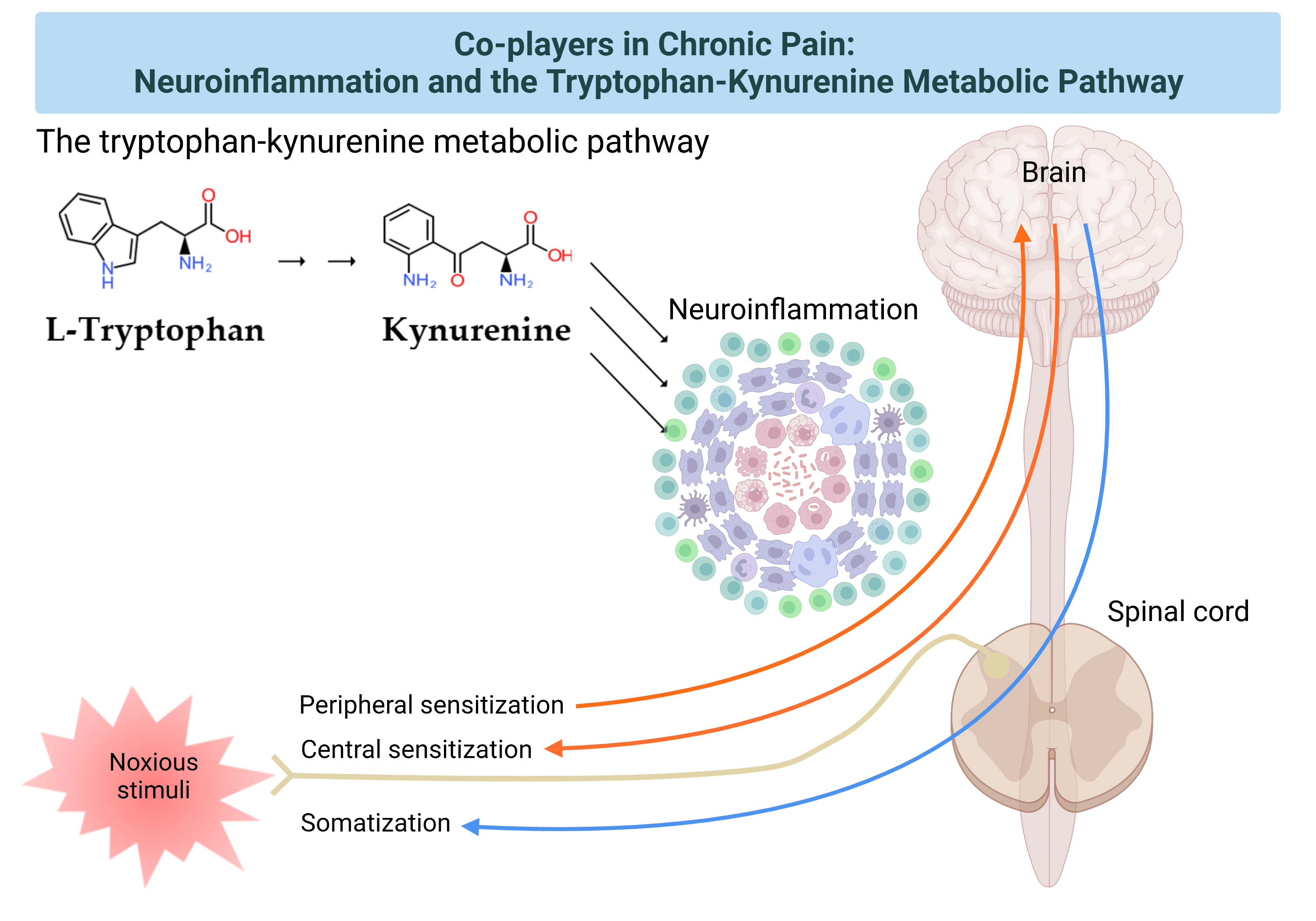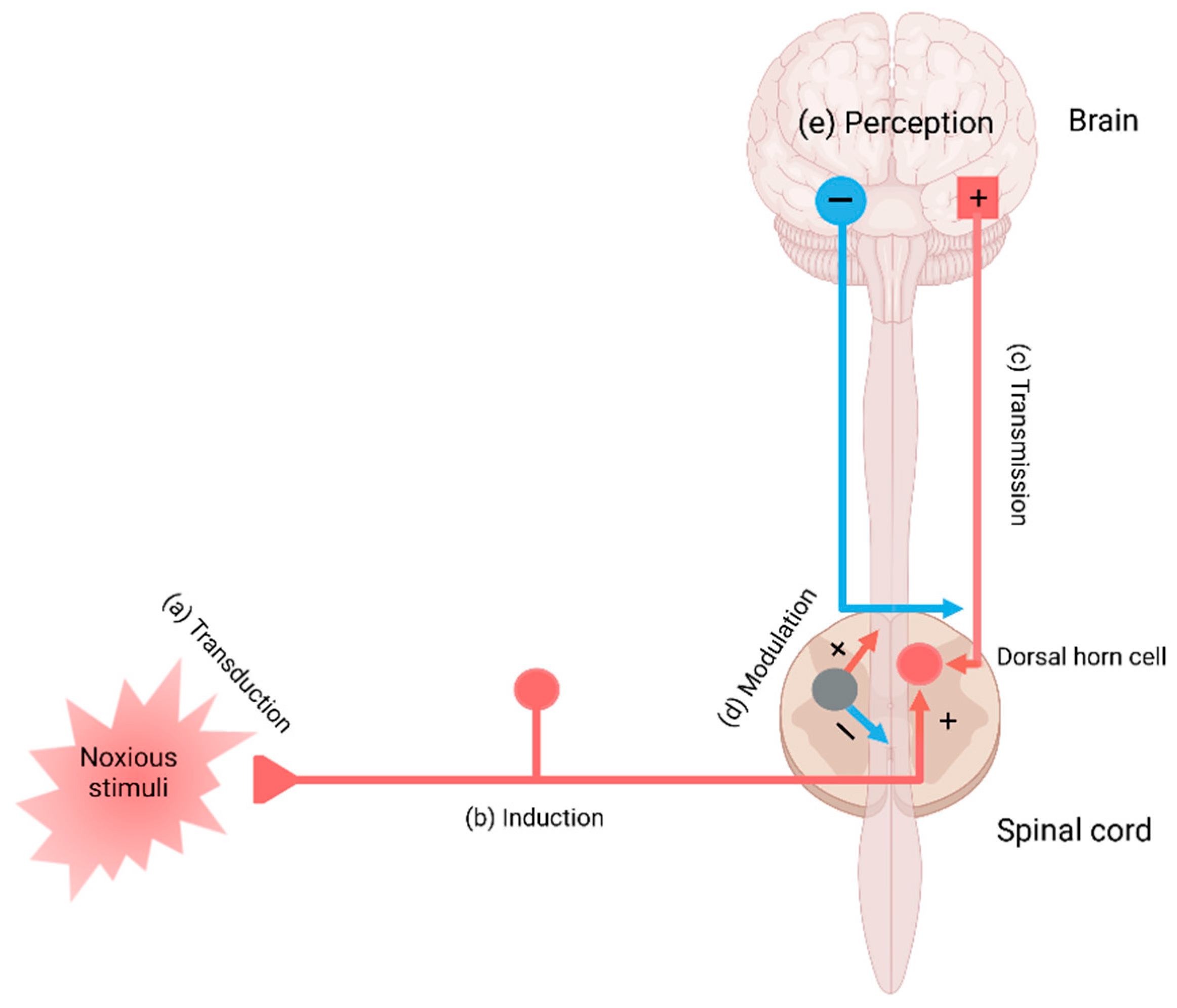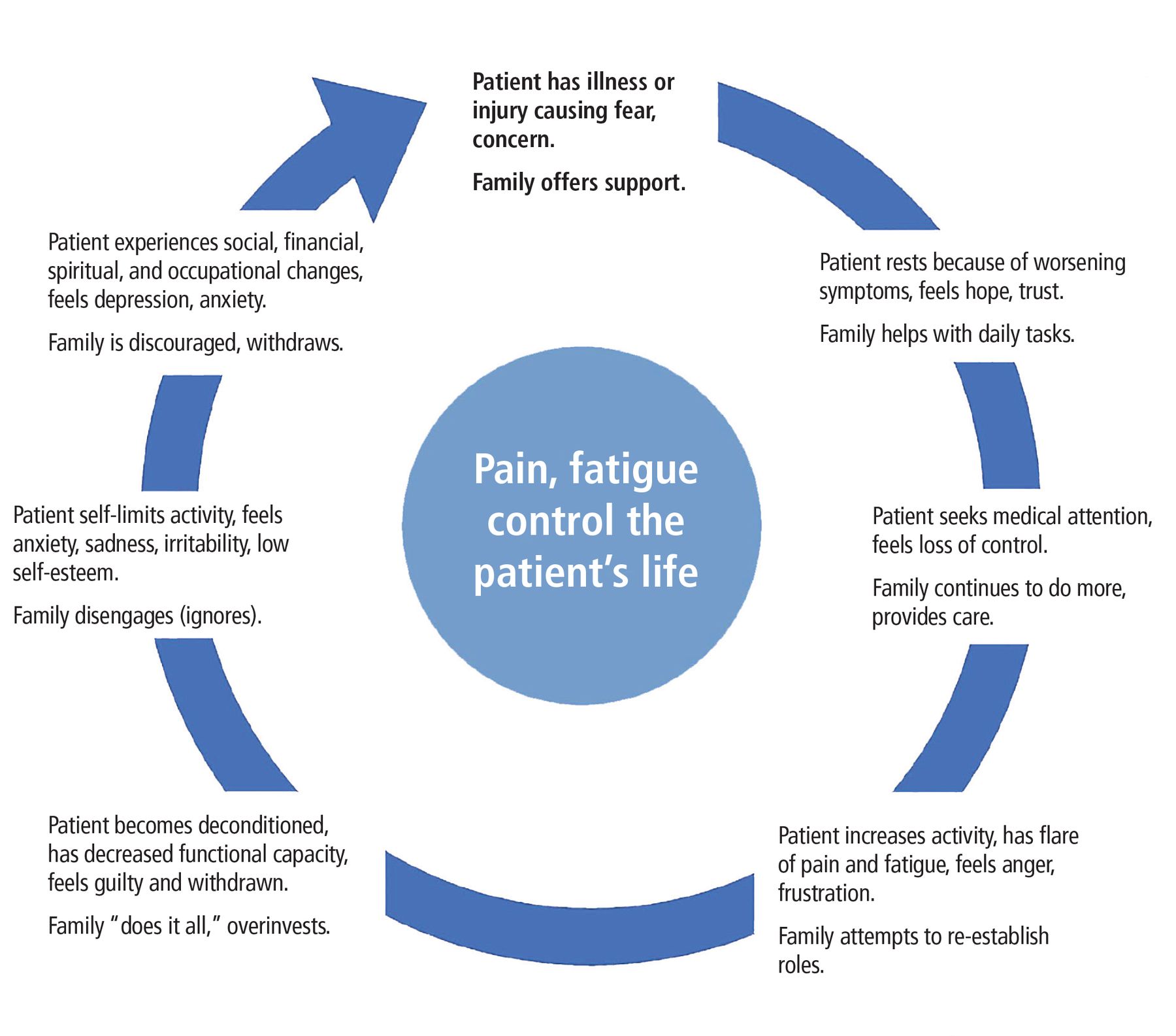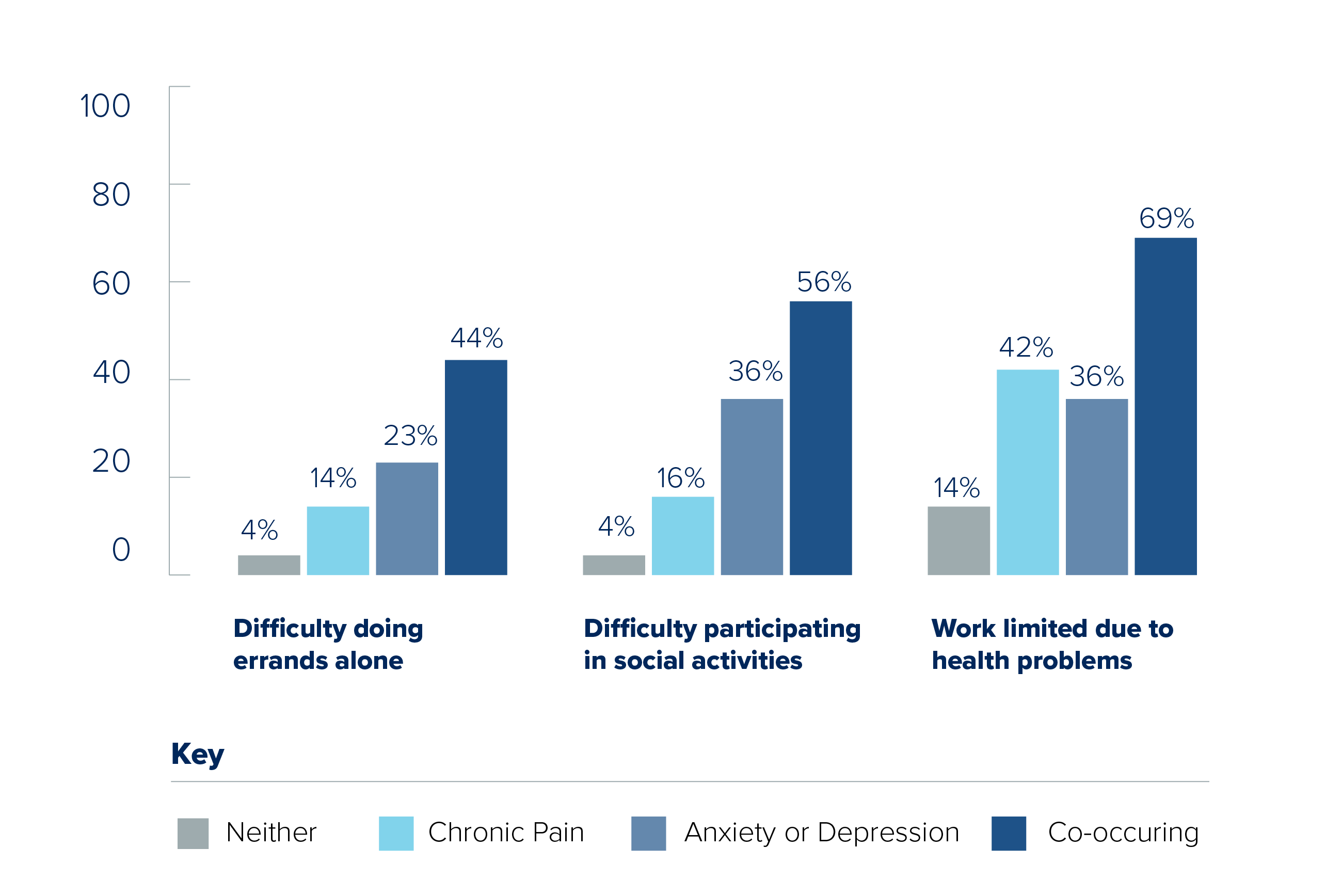
Key facts
- Chronic pain typically lasts for more than 3 months, or beyond expected healing time.
- Causes of chronic pain include illnesses, musculoskeletal problems, injury, surgery and cancer.
- Sometimes people with chronic pain have no obvious cause for their pain.
- Chronic pain can affect mood, sleep and mental health, and sometimes leads to anxiety and/or depression.
- Treatment for chronic pain includes medicines, physiotherapy, psychological therapy, and relaxation techniques.
What is chronic pain?
Chronic pain is pain that lasts for more than 3 months, or in many cases, beyond normal healing time. Chronic pain is sometimes also called persistent pain. It is different from acute pain, such as pain from an injury, which develops quickly and doesn’t usually last for long.
Chronic pain is a complex condition. Everyone experiences it differently. The pain can range from mild to severe and is usually experienced on most days.
What causes chronic pain?
Normally, if you have an injury, nerves carry signals from the injured part of your body to the brain, telling the brain that there’s a problem. The brain reads these signals as pain.
When someone has chronic pain, the nerves that carry pain signals to the brain, or the brain itself, behave in an unusual way. The nerves might be more sensitive than usual, or the brain might misread other signals as pain.
Acute pain can develop into a chronic pain condition if it’s not treated, or if the acute pain is poorly treated. The longer pain remains untreated, the greater the risk of pain becoming chronic.
Which conditions are commonly associated with chronic pain?
There are different types of chronic pain, including:
- nerve pain
- pain caused by a bone, muscle or joint condition
- pain due to cancer
Chronic pain can also be caused by illnesses such as:
- migraine
- osteoporosis
- arthritis and other musculoskeletal conditions
In some cases, chronic pain starts after an injury or surgery.
Sometimes, there is no obvious cause of chronic pain.
How might chronic pain impact my life?
Chronic pain can make it hard to work, take care of yourself, or do the things you enjoy. It can also affect your sleep and mood. More than 1 in every 2 Australian adults with chronic pain become anxious or depressed because of their pain. It’s important to speak with your doctor if it happens to you.
Just as pain can affect your mood, improving your emotional health and wellbeing can also help you manage your pain.
What can I do to manage chronic pain?
For many people, chronic pain cannot be cured. A management plan for chronic pain aims to prevent pain from interfering with your daily life. This can help you get back to socialising, working, and being active.
Medicines alone are not usually enough to manage chronic pain. If you have chronic pain, you will also need other treatments, such as:
- self-management activities (such as daily stretching, relaxation or sleep techniques)
- physical activity
- psychological approaches (such as cognitive behavioural therapy (CBT) or mindfulness)
People with chronic pain who actively and regularly manage their pain do better than those who rely on passive therapies, such as medicine or surgery. Most people benefit from a range of different treatments and self-management, including:
- seeing a psychologist or using online self-help sites
- seeing a physiotherapist or exercise physiologist
- activity pacing
- relaxation techniques, such as meditation
- exercise such as walking, swimming, cycling or tai chi
- improving your sleep
Talk to your doctor about developing a plan for managing your chronic pain. Many people find it helpful to seek advice and support from a few different types of health professionals as part of the plan.
Your doctor may also recommend participating in a pain management program at a pain clinic. This is available through most major public hospitals, and also privately. Your doctor can arrange a referral.
Which medicines play a role in managing chronic pain?
Some medicines can play a role in managing chronic pain:
- Paracetamol — this very effective pain-relief medicine is sometimes taken along with other medicines. Do not take more than the daily dose listed on the package. Speak to your doctor if paracetamol is not managing your pain.
- Non-steroidal anti-inflammatory drugs (NSAIDs) — medicines such as ibuprofen and diclofenac may help manage pain. Try to take them at the lowest possible dosage for the shortest possible time, as they can have serious side effects.
- Antidepressants — some medicines that are used to treat depression, such as amitriptyline, are also sometimes prescribed by doctors to reduce pain.
- Anticonvulsants or antiepileptic medicines — medicines that are commonly used to treat epilepsy can also help manage nerve pain. They include pregabalin and gabapentin.
- Opioids — strong pain-relief medicines, such as the opioids morphine, fentanyl, oxycodone or codeine, might be prescribed by a doctor for short periods of time, but are not effective in chronic pain that is not caused by cancer.
Sometimes, medicines won’t relieve all your pain symptoms. It’s important to work with a health professional to identify a range of strategies you can use, to reduce the way pain impacts your life.
Are opioid medicines recommended for chronic pain?
Opioids are not usually recommended for most types of chronic pain. This is because opioids are proven to not be effective at treating chronic pain not caused by cancer.
Opioid medicines are also associated with serious short- and long-term side effects, including tolerance and dependence.

